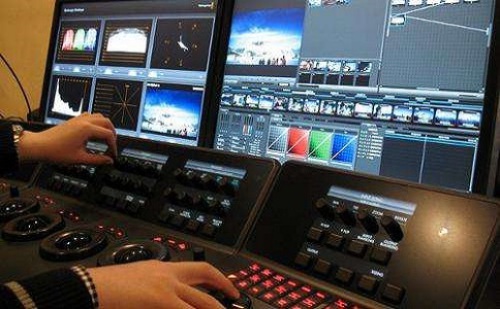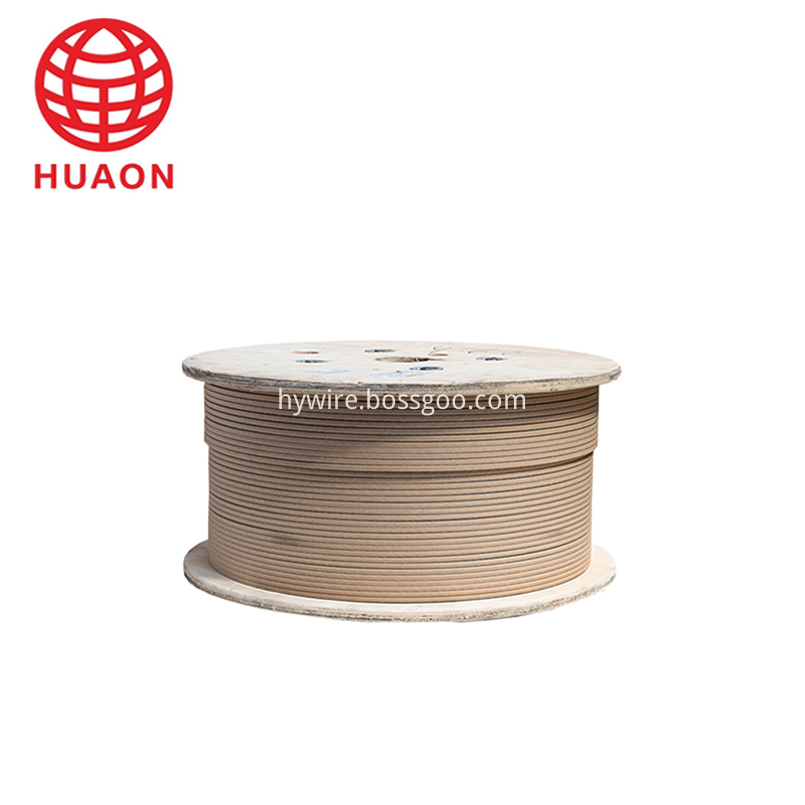Introduction: In the age of digital transformation, the film and television industry has undergone significant changes. More directors and photographers are now embracing fully digital workflows to capture images and make post-production edits. This shift not only enhances creative possibilities but also streamlines the production process. Linear editing is one of the traditional methods used in video production. It typically involves a series of video players and recorders. The editor selects a specific clip using the player, records it onto a tape in the recorder, then searches for the next shot and repeats the process. This method is time-consuming and inefficient, as it requires physical handling of tapes and limited flexibility during the editing stage. Non-linear editing, on the other hand, has revolutionized the way videos are produced. Most of the work is done on a computer, where the editor imports raw footage, makes cuts, adds effects, and manipulates the timeline with ease. Once the editing is complete, the final output can be saved to hard drives, tapes, or even directly to video formats. This approach is much faster, more flexible, and user-friendly compared to its linear counterpart. The non-linear editing workflow generally follows three main stages: As technology continues to evolve, non-linear editing has become the standard in modern film and television production. It offers greater control, efficiency, and creativity, making it an essential tool for professionals in the industry. Paper Covered Flat Copper Wire
Wrapping materials: Power Cable Paper, High Density Insulation Paper, heat-resistant insulating paper, clupak paper, Nomex 410, all kinds of self-adhesive paper and other special insulation materials
As per Conductor Material:Copper , aluminum
Insulation thickness:Double paper covered (DPC) orTriple Paper Covered (TPC) ,According to Customer`s requirements
Conductor of Paper wrapped wire Aluminum Enameled Wires,Paper Covered Flat Copper Wire,Cable Paper Covered Insulated,Paper Covered Insulated Wire HENAN HUAYANG ELECTRICAL TECHNOLOGY GROUP CO.,LTD , https://www.huaonwire.com
About Paper Covered Flat Copper Wire
As per Inner Conductor: Paper wrapped bare

Bare Wire Round Wire:Φ1.00mm-Φ5.00mm
Rectangular Wire thickness a:1.00mm-5.60mm
Width b:2.00mm-16.00mm
Conductor of Composite wires
Max wrapping layers once: 24 layers for Paper Covered Wire
4 layers per wire and 16 layers outside for composite wires
We could offer products of special requirements on conductor size, insulation layer thickness, or wire number of the composite.